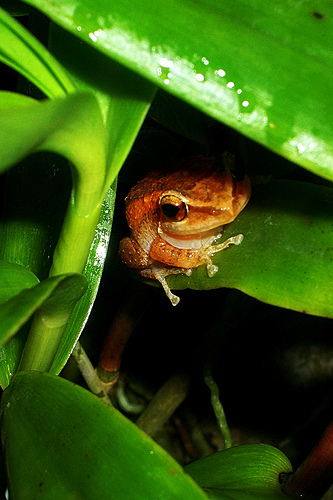The Caribbean scholarship is in an endless quarrel with both language and history. Even the publishing of an article is haunted with the residues of a colonial past where language has been used to police both movement and thought. Here, the question of translation has opened up a lot of doors to new possibilities but also practical difficulties as well. Put simply, where translations fail, in instances when we might not be able to translate, we realize that in the practice of translating we find vital linkages and connections across this diverse terrain that help us to re-imagine our past and future.
With all that said, how can we take advantage of new digital technologies to generate occasion for people to engage in this practice? Instead of treating translation as a hidden and automatic process, what kind of digital platforms can we create to stage translation as an occasion or an event or something like a workshop? The benefits of something like this are far-reaching not only for those interested in writing and researching the Caribbean, but I also believe it might reconfigure how we approach digital scholarship at large. This is the second question/interest that animates this post on digital translingualism: How and to what extent can Caribbean scholarship not only take advantage of the upsurge of the digital humanities but also how can we move this turn to the digital in new directions?
For a workshop, it might be helpful to focus on the translingualism question by address the various ways the issue of translation inform the work we do in both conceptual and practical ways. From there, I would enjoy exploring the ways digital technologies can not simply “solve” these issues or problems but how these technologies can help up approach the issue of translation in new ways.



 foto de
foto de 